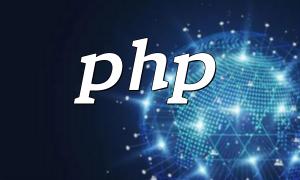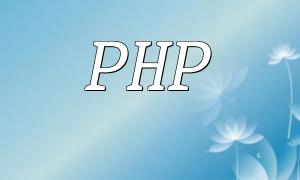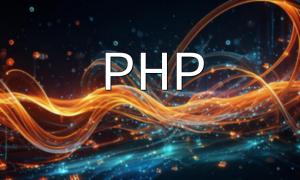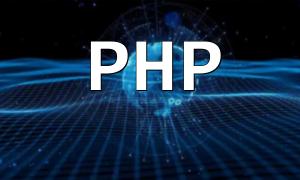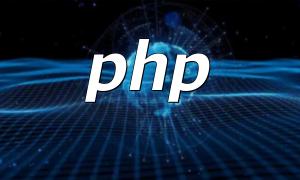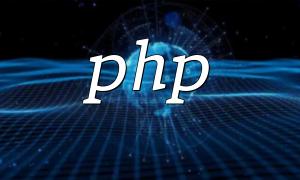Introduction to PHP Framework Development
Every modern web application relies on a server-side language and framework to run efficiently. PHP, as one of the most popular and mature backend languages, remains a top choice for building web applications. By using PHP frameworks, developers can boost productivity, maintain cleaner code, and enhance scalability. This article introduces the core concepts of PHP frameworks, their benefits, and how they simplify the process of developing robust web applications.
What Is a PHP Framework?
A PHP framework is a collection of tools, libraries, and structured code designed to streamline web application development. It provides consistent development practices and reusable components that minimize repetitive tasks and improve code quality. Whether you're an individual developer or part of a team, PHP frameworks help ensure consistency, scalability, and maintainability across your projects.
Advantages of Using a PHP Framework
Using a PHP framework for web development offers several advantages:
- Code Reusability: Frameworks come with built-in libraries and tools that can be reused across projects, saving time and effort.
- Increased Productivity: Features such as routing, templating, and ORM make it faster to develop and deploy applications.
- Collaboration-Friendly: Standardized structures make it easier for multiple developers to work on the same project.
- Enhanced Security: Many frameworks include built-in protections against SQL injection, XSS, and CSRF attacks.
- Standardized Development: Following the MVC pattern keeps your code organized, scalable, and easy to maintain.
Popular PHP Frameworks
There are several PHP frameworks available, each with its unique strengths. Below are some of the most commonly used frameworks:
- Laravel: One of the most popular PHP frameworks today, known for its rich ecosystem and expressive syntax. Ideal for building complex applications quickly.
- CodeIgniter: A lightweight and high-performance framework that is easy to learn and deploy, making it perfect for performance-focused projects.
- Yii2: A modern, high-performance framework with a modular design and a powerful code generator for rapid development.
- Symfony: An enterprise-grade framework used by many large systems worldwide. It offers reusable components and exceptional stability.
Key Features of a Good PHP Framework
An effective PHP framework should provide the following core features:
- MVC Architecture: Supports the Model-View-Controller pattern for clean separation of logic, data, and presentation.
- Database Integration: Should include easy-to-configure database connections and ORM tools for managing data efficiently.
- Form Handling and Validation: Allows smooth handling of form inputs with both client-side and server-side validation.
- Routing and REST API Support: Provides flexible routing capabilities for handling HTTP requests and building RESTful APIs.
Conclusion
PHP frameworks make web development faster, safer, and more organized. Whether you're developing a personal website or a large-scale enterprise system, using a PHP framework can significantly reduce development time and improve overall code quality. Mastering PHP frameworks is an essential skill for any web developer aiming to create modern, maintainable, and efficient applications.
